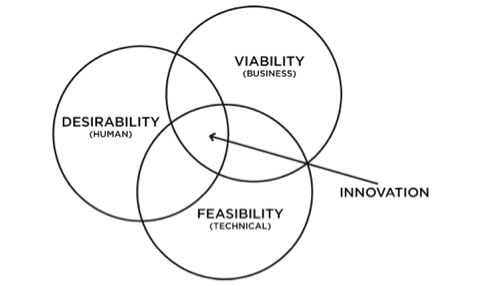System, Product and User experience design has primarily been focused on a series of human interactions within a specific context, for example, buying a shirt, booking a holiday, or researching a product.
That worked right? We focused on a linear transaction.
We then started to take a broader look at other influences on the human at the centre – their ‘persona’, some aspects of context, their income and social status, their digital maturity and capability and even their influences in terms of the motivation to commence an interaction.
That worked too, right? We focused on a number of inputs, influences, motivations and outputs.
But did (and indeed do we) ever get to the core of an individual? What really makes them tick? Who they are and what they care about?
Have we the time? Should we as experience designers, hamstrung as we are by client and stakeholder need (be it commercial or subjective), spend valuable time focusing on more human and life centred influences that could be at play?
Well, the answer is yes – of course we should – but we need to convince a lot of people of the benefits of doing so. We need to get a better balance between the data focus that powers many an experience design decision and the qualitative learnings that come from digging a little deeper and spending a little more time in understanding humans. We need a Life Centred Design approach.
Life-centred design looks at an individual’s wider eco-system, values and core motivations.
They may desire that shirt – but not if it is made in a sweatshop in Bangladesh. They may want to book that holiday – but maybe not if it involves an airline that is not investing in investigating alternative greener fuel technologies. They may research that product but not using a search engine that doesn’t pay its taxes.
But how can we begin to unpick and understand an individual’s wider influences and motivations without time, cost and effort running out of control?
There is a framework into which I think we can start to ask questions, complete research and design potential solutions – that offers a well-proven and robust approach to experience design principles and indeed, it has been at the centre of human and service design practice for some time.

Historically experience designers have looked to understand desires from a user perspective -i.e. “What’s in this (interaction) for me?” but reframing that approach and looking at it from a life perspective we can probe and ask questions such as “What’s in it for we?” – ‘we’ being an individuals wider eco-system of beliefs, passions, family or environmental concerns.
By reframing that starting point we can better look to understand if that desire can be met from a feasibility perspective – i.e. can our client meet those desires? Does their technical, production or logistical infrastructure and processes enable (for example), the use of less fuel in their supply chain, more reusable raw materials or carbon-neutral server farms?
Alongside that, we can work with clients to understand if they can generate revenue from these more life-centred needs. Is it feasible? Can they partner with an organisation that will resell their goods so they are able to offer customers an ‘end of product life’ service? Will this example deliver longer-term customer value?
These steps and conversations are far from impossible and becoming more of a necessity. A change in collective focus caused by economic and societal demands (highlighted and caused by the impact of Covid-19) mean that we have to design technology and experiences that touch on wider human on and offline eco-systems.
The advent of technologies such as personalised AI, invisible interfaces and biometric technology provides ample opportunities to better understand personal and individual intrinsic motivations and if used within the Desirability, Feasibility, Viability framework.
Life Centered design is not a trend, a draft model or a fad – it’s the future of our relationship with technology and each other – let’s start to develop our thinking – together.
We will be talking about this in our last session of this webinar series, you can register to join us here.

